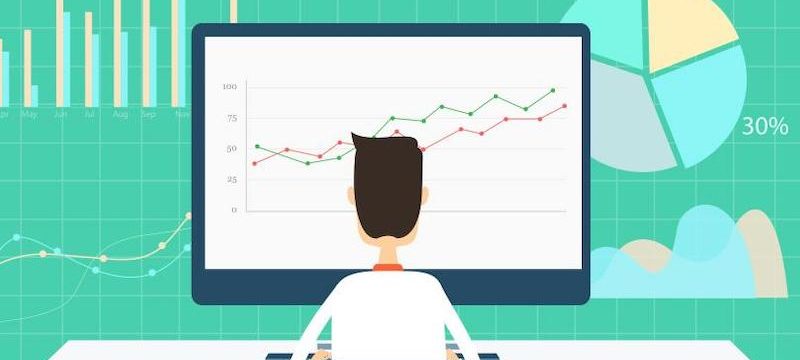Importance of Business Intelligence (BI) Reporting Tool

Businesses across the world dig through tons of data to find the most relevant data required to accomplish their business goals. From acquisition and retention metrics to internal partners, prospective customers, affiliates, and competitor data, knowing what data matters most to your organization is a big challenge. Businesses cannot afford to neglect to leverage the relevant data, which could help them grow and operate more efficiently.
That’s where a Business Intelligence reporting tool (BI reporting tool) comes into the picture. They help you make sense of raw numbers and fields by displaying it via visually soothing dashboards and reports.
Although BI reporting tools have been around for many years, there has been a recent surge in the quality of reporting tools which suffice every business need in the market. These BI reporting tools need to keep evolving to meet the fast-changing needs of businesses.
Every organization is different when it comes to choosing the right business intelligence reporting tool. There are many vendors in the market, but the right option depends on the following few key considerations:
Integrations and data sources
When you, as an organization, choose a BI reporting tool, you should make sure that it can read all your data sources, and it should have all the integrations you need. If you do not have it in place, you won’t get the specific information that you need.
Data Analysis
As an organization, you would want your BI reporting tool to help you read and analyze data quickly. The BI tool should also enable you with the ability to dig into historical trends to understand different aspects of your business. IT will help you build new ideas around your business. Some BI reporting tools provide you the ability to predict future performance based on statistical models.
Data cleansing
It is virtually impossible to find all the data you receive, clean, and ready to use. It can have inconsistencies, spelling errors, missing fields, or could make no sense at all. It is essential to have this feature in your BI tool since it is a time-consuming process. It is also vital to look for the cleansing feature with some level of automation.
Easy to use
A business intelligence reporting tool should be easy to use. If it is complicated, it would require technical and statistical expertise. It is always safe to try smaller and cheaper options before you go for a popular choice. It is essential to involve people in your business that would potentially use the tool for their feedback before you make the final call.
Visual appeal
There are many BI reporting tools in the market which offer visually appealing dashboards. However, what set the good ones from the ordinary ones apart are the flexibility and design, the different kinds of charts, and the reports they generate. It should also cater to all parts of your organization instead of one specific domain.
Pricing
Most BI reporting companies do not list their prices on their websites. They would ask you to contact them for a quote since a business intelligence reporting tool is not a one-size-fits-all solution. It needs to be customized based on the specific need of the company. Never go for an option only because it is cheaper, go for the useful one.
Collaboration
Every employee in the organization must have access to the metrics since data is most effective when the whole company can rally around the metrics that matter. It is crucial to investigate if the tool offers you options for different user roles.
Subscribe & Get E-Mail Updates Delivered
Our informative Design related articles featuring the latest Resources for Web Designers & the Web get delivered via email dialy. Thousands of readers have signed up already. Why don't you subscribe as well, and get articles delivered to your inbox?






Leave a Reply